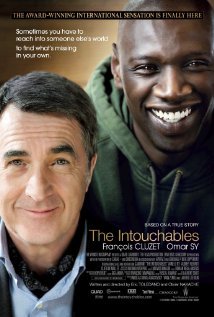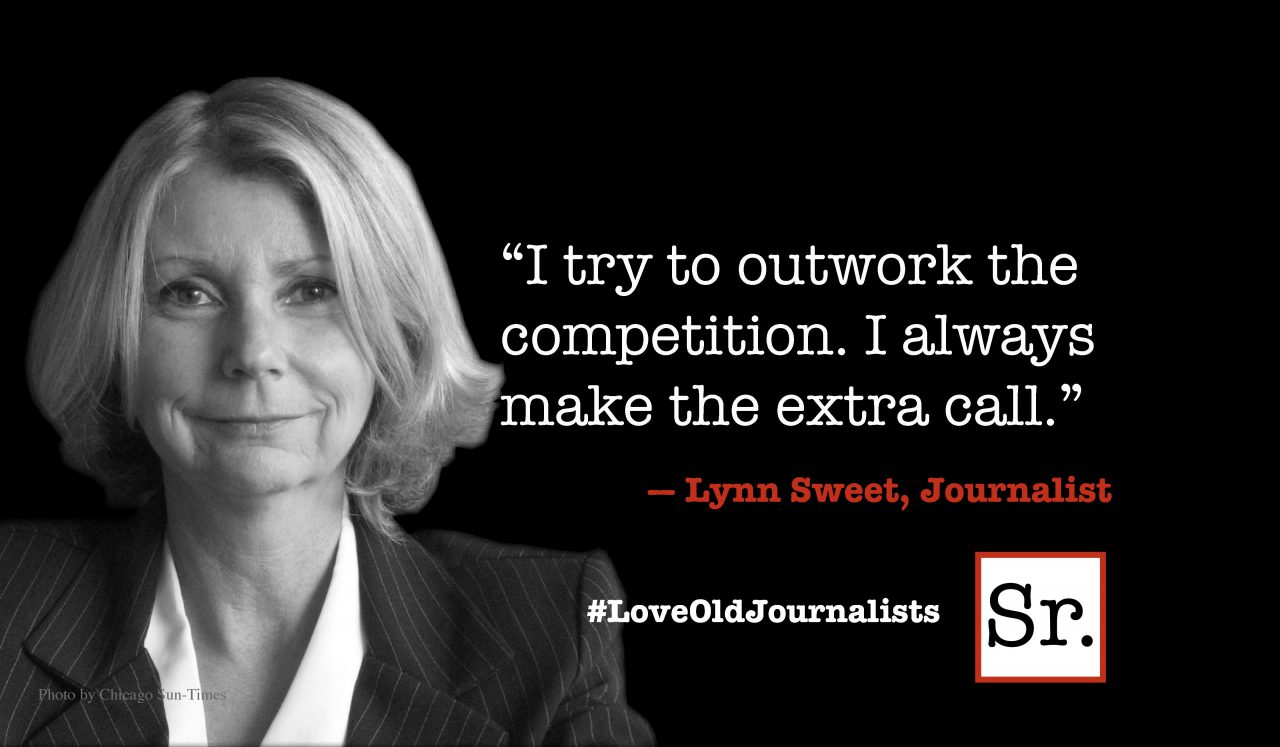There are about 100 ways in which the French film “The Intouchables” could have gone disastrously, hideously wrong.
And somehow it avoids them all.
Heaven knows that the premise is fraught with gosh-awful possibilities.
A millionaire paraplegic Parisian hires as his latest care-giver a black immigrant ex-con. And, oh boy, you spend a while waiting for this street-smart wise guy to, Miss Daisy-like, transform the life of his wheelchair-bound employer. You know…the uptight, white man gets funky, thanks to his black assistant.
This is known in some quarters as the Myth of the Mystical Negro. Many people find it terribly offensive.
And in hands less competent than those of co-directors Oliver Nakache and Eric Toledano — or the film’s stars, Francois Cluzet and Omar Sy – I might have found it offensive, too.
But “The Intouchables” pulls it off. Although, I’m not quite sure how the movie conned me into letting down my guard and buying in.
Certainly one of its strengths is the filmmakers’ straightforward approach, which eschews anything like good old-fashioned Hollywood emotional manipulation. There’s no insistent tugging at the tear ducts. Nakache and Toledano keep things light and airy, with lots of laughs. In fact, “Intouchables” is ribald enough to be classified a comedy.
The rich guy, Philippe (Cluzet), burns out his caregivers in record time. Already depressed by his situation (he’s a widower paralyzed in a hang-gliding accident), Philippe wants to be around someone who won’t feel sorry for him. And the cockily self-centered Driss (Sy, winner of best actor honors at the Cesars) fits that bill to a T.
Driss is a toothy charmer filled with sexual braggadocio, boundless energy and an insouciance that leaves little time to feel sorry for other people. But he learns to deal with Philippe’s demanding physical needs, all the while laying down a constant chatter.
They’re an odd couple. Philippe’s quiet erudition — he’s a big fan of modern art and classical music — is in sharp contrast with Driss’ glad-handing. The Sengalese native grooves constantly to Earth, Wind & Fire playing on his iPod and sometimes breaks into a funky dance.
Though he enjoys playing the curmudgeon, Philippe obviously takes pleasure in Driss’ company, especially when he’s strapped into the passenger seat of the hot sports car he can no longer drive.
In truth, there’s a lot of emotion in “Intouchables,” but it’s all under the surface and carefully downplayed. As captured by the astonishingly charismatic Sy, Driss’ outward swagger hides inner insecurities, while Cluzet’s Philippe is an aching romantic who will not allow himself the luxury of sentimentality. One performance is broad and lively, the other carefully contained and modulated. The result is a screen pairing quite unlike anything you’ve seen.
The principals are nicely backed by the supporting players, particularly Anne Le Ny as Philippe’s main housekeeper and Audrey Fleurot as the freckled secretary on whom Driss lavishes much unreciprocated attention.
“The Intouchables” has been a monster hit in its native France, where in just two months it sold enough tickets to be the second most successful French film ever. Yet more proof that the end of the world is nigh: the French embrace a life-affirming movie.









